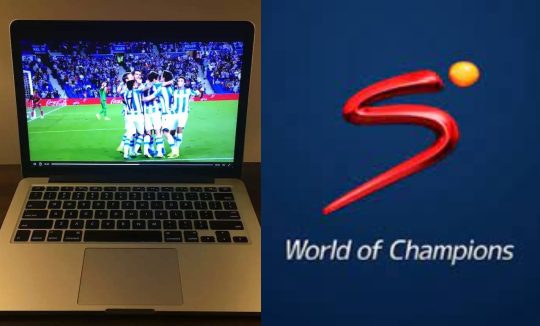The High Court has issued a directive to Internet Service Providers to take down pirated content that is exclusively owned by Multichoice’s Supersport channel and streaming illegally.
The Pay-TV firm filed the case in 2019, following a surge in illegal streaming of live sports events that infringed on their rights with more impact felt in football broadcasting revenue.
The directive is for Safaricom and Jamii Telecom to pull down content that belongs to Multichoice and its subscribers within the region, who pay a monthly fee to access sports content.
In Justice Okwany’s view, MultiChoice Kenya had followed the correct procedure and lawfully issued valid take-down notices to the ISPs, who should have agreed to the Pay-TV firm’s request, as reported by Business Daily.
The Judge further found that the ISPs have not given any lawful excuse for their failure to comply with the notices. Safaricom pleaded with the court for time to comply with the directive.
Okwany found no credible reason behind the lack of compliance from the telcos.
“The upshot is that the petitioner has made out a case,” the Judge said. “The court has reaffirmed the stance of the law that copyright must be protected.”
Streaming football has become part of a culture that has found its convenience in Kenya’s deep internet penetration and access resulting in a large number of illegal streaming.
A study on illegal streaming conducted by sponsorship valuation firm GumGum Sports in partnership with digital piracy authority MUSO, found out that on average each match saw an audience of 7.1 million fans across 149 countries, equating to £1M in uncaptured sponsorship.
China had the largest audience of illegal sports streaming audience followed by Vietnam, Kenya, India, and Nigeria.
With only data costs as an expense to watching live sports, most Kenyans opt for affordability behind sports entertainment offered on these ISPs.
The ease of access through these telcos has made it easier for fans to watch their favourite sports entertainment on the go and at their convenience, with a majority already having already paid for internet service packages.
Safaricom asked for more time to comply with the directive in order to assess its options with the telco having viewed the directive as equating to financial loss not to mention denting its reputation.
On Multichoice’s end, it results in a win to protect the real value of their exclusive content that they pay to be the sole broadcasters of live games within the region.
















